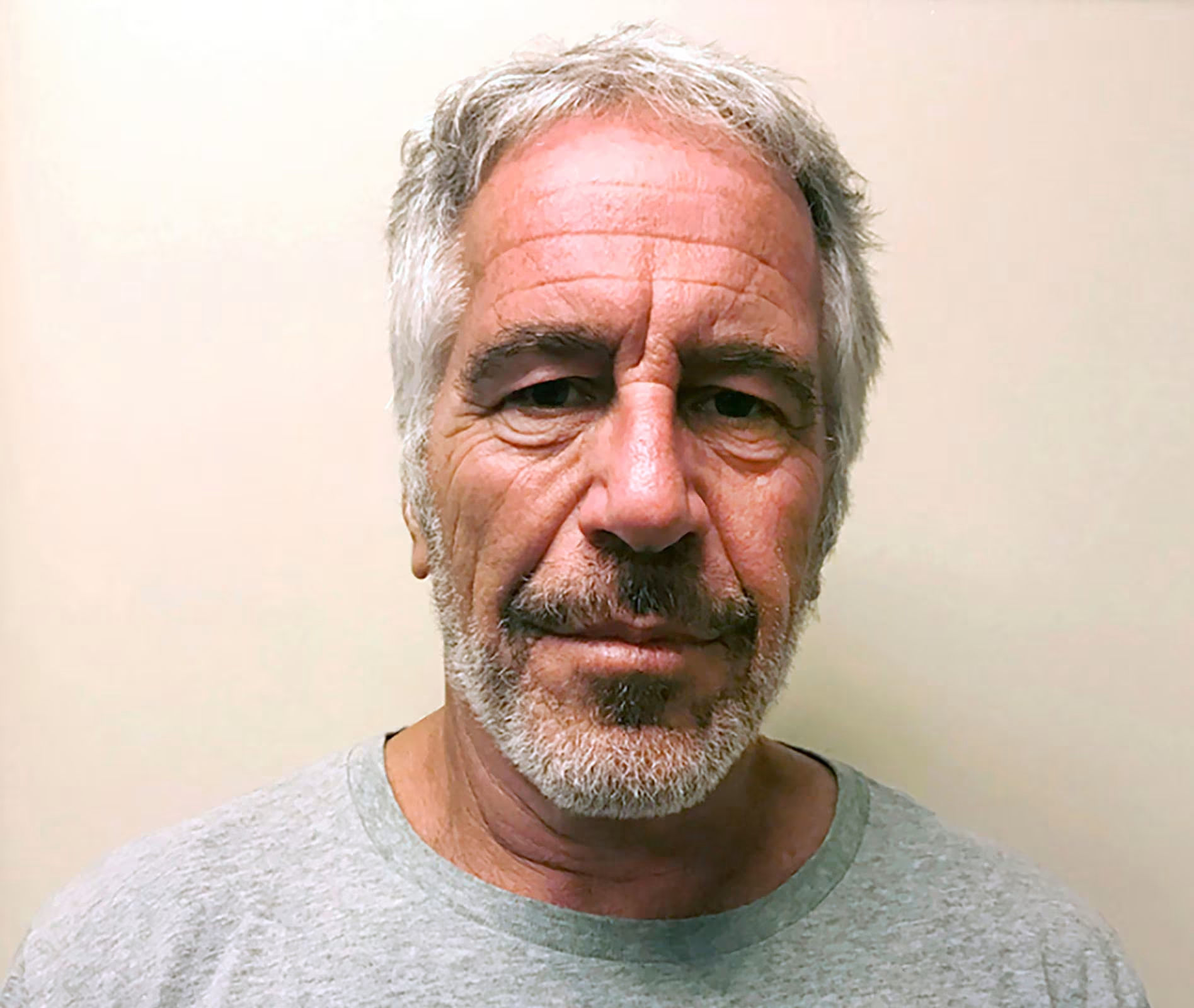
NCAA: March Madness Expansion Will Not Be Discussed Until Post-Tournaments
Entities mentioned:
- NCAA: Control, Professional pride, Influence
- Dan Gavitt: Duty, Caution, Professional pride
- Charlie Baker: Ambition, Influence, Legacy
- CBS and Warner Bros.: Greed, Competitive spirit, Influence
Article Assessment:
Credibility Score: 85/100
Bias Rating: 50/100 (Center)
Sentiment Score: 65/100
Authoritarianism Risk: 30/100 (Generally Democratic)
Bias Analysis:
The article presents a balanced view of the potential NCAA tournament expansion, including both supportive statements and potential challenges. It quotes multiple sources and provides context without favoring a particular stance.
Key metric: NCAA Tournament Revenue and Participation
Ladies and gentlemen, we're in the fourth quarter of NCAA tournament discussions, and let me tell you something - this is a GAME-CHANGER! The NCAA is playing defense, refusing to make any moves on expansion until after March Madness wraps up. But make no mistake, they're eyeing the scoreboard, looking to potentially add more players to the roster come 2027. President Charlie Baker is stepping up to the plate, backing expansion like a true captain. He's got his eye on the prize - more TV revenue and a bigger tournament bracket. This could be a slam dunk for college basketball, folks! But here's the kicker - it's not just about adding more teams to the dance, it's about creating a whole new league of competition. We're talking about a potential revolution in the sport, with more schools getting skin in the game and pumping resources into their programs. It's a bold strategy, Cotton. Let's see if it pays off for 'em!

‘Keeping it totally open’: Trump says he supports Justice Department sending Epstein files to House Oversight panel
Entities mentioned:
- Donald Trump: Self-preservation, Control, Influence
- Justice Department: Duty, Transparency, Justice
- House Oversight Committee: Justice, Transparency, Duty
- Jeffrey Epstein: Power, Control, Self-preservation
- Pam Bondi: Duty, Loyalty, Professional pride
- James Comer: Transparency, Justice, Duty
- Mike Johnson: Caution, Control, Political calculation
Article Assessment:
Credibility Score: 70/100
Bias Rating: 55/100 (Center)
Sentiment Score: 45/100
Authoritarianism Risk: 30/100 (Generally Democratic)
Bias Analysis:
The article presents multiple perspectives, including Trump's views and the committee's approach, indicating an attempt at balanced reporting. However, the inclusion of Trump's 'Democrat hoax' comment without immediate fact-checking slightly tilts the narrative.
Key metric: Government Transparency and Accountability
As a social scientist, I analyze that this article highlights the complex interplay between government transparency, political motivations, and the protection of sensitive information. The release of the Epstein files represents a significant test of the balance between public interest and individual privacy. Trump's support for transparency, while simultaneously dismissing the issue as a 'Democrat hoax,' reveals the politicization of the matter. The House Oversight Committee's approach demonstrates a cautious stance, prioritizing victim protection while aiming for transparency. This situation impacts government accountability by potentially exposing connections between high-profile individuals and Epstein, which could have far-reaching political implications. The delay in releasing the files and the careful review process indicate the sensitive nature of the information and its potential to affect public trust in institutions and political figures.

Trump didn’t cause Russia-Ukraine war, Stephen A. Smith says, blaming Biden, Obama and Clinton in fiery rant
Entities mentioned:
- Stephen A. Smith: Indignation, Justice, Duty
- Donald Trump: Self-preservation, Influence, Power
- Joe Biden: Obligation, Security, Legacy
- Barack Obama: Caution, Security, Legacy
- Bill Clinton: Influence, Security, Legacy
- Russia: Power, Control, Influence
- Ukraine: Self-preservation, Freedom, Security
Article Assessment:
Credibility Score: 65/100
Bias Rating: 55/100 (Center)
Sentiment Score: 30/100
Authoritarianism Risk: 35/100 (Generally Democratic)
Bias Analysis:
The article presents multiple viewpoints, including criticism of both Republican and Democratic administrations. However, it relies heavily on Stephen A. Smith's opinions without substantial counterarguments, potentially skewing the perspective.
Key metric: U.S. Foreign Policy Effectiveness
As a social scientist, I analyze that this article presents a complex view of U.S. foreign policy spanning multiple administrations and its impact on the Russia-Ukraine conflict. Smith's argument shifts blame from Trump to previous Democratic administrations, suggesting a long-term policy failure rather than a single administration's fault. This perspective challenges the common narrative and highlights the complexity of international relations and the long-term consequences of policy decisions. The article touches on critical events like the Crimea annexation and Ukraine's nuclear disarmament, which have significantly shaped the current geopolitical landscape. It also raises questions about the U.S.'s commitment to its international promises and the financial burden of these commitments on American taxpayers. This debate could influence public opinion on U.S. foreign policy effectiveness and potentially impact future policy decisions regarding international commitments and interventions.